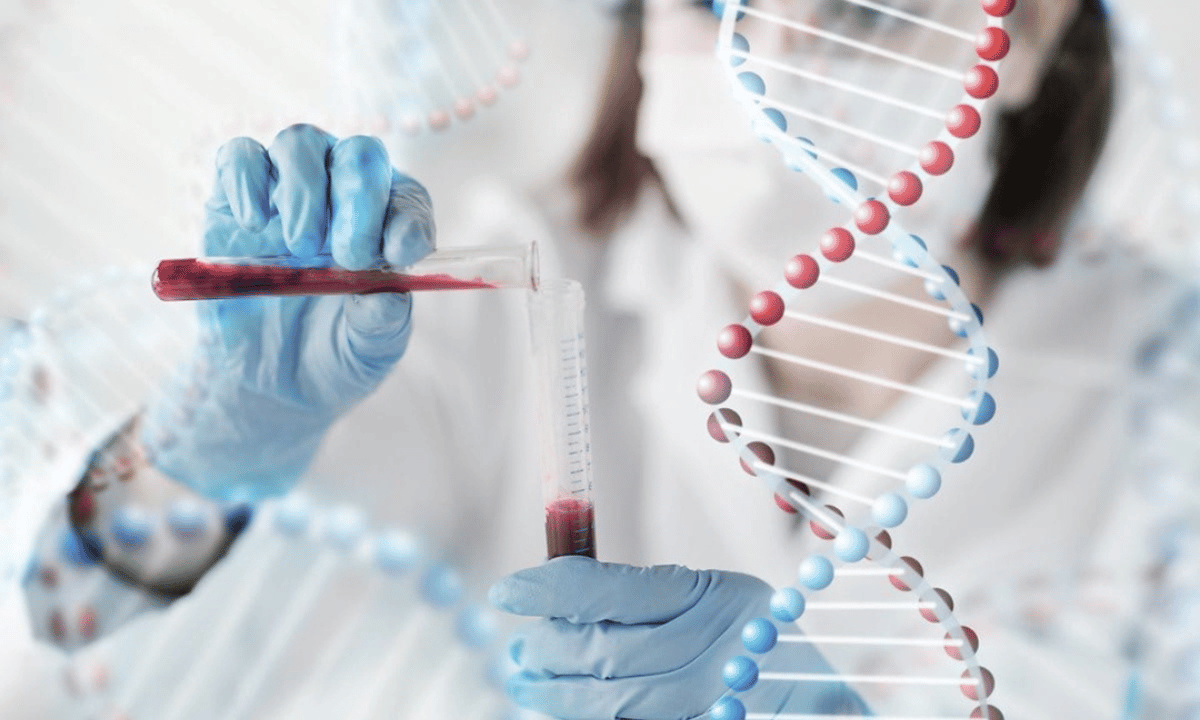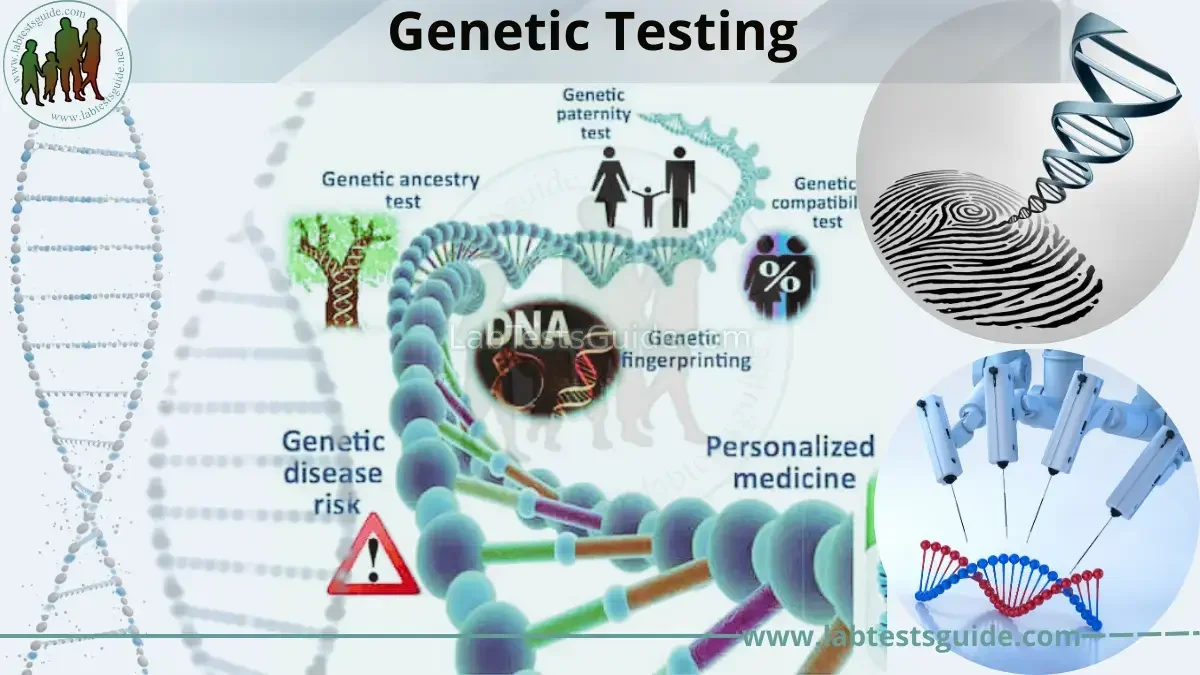What Is Genetic Testing, and How Long Does It Take?
Ever wondered if your DNA could tell you more than just where your ancestors came from? Genetic testing is quickly becoming a major tool in healthcare and it’s not just for scientists anymore. According to research, more than 26 million people have taken at-home DNA tests from companies like 23andMe and AncestryDNA. But that’s just one side of the story. In hospitals and clinics, doctors use genetic testing every day to check for inherited diseases, find the right treatments, and help patients make better health choices.
According to the National Institutes of Health (NIH), there are over 77,000 genetic tests available today, and more are being added every month. These tests can look at a single gene or even scan your entire genome. Some tests give results in just a few days, while others can take weeks depending on the type of test and lab processing.
In this blog post, we’ll break down what genetic testing really is, why it’s done, and how long you should expect to wait for your results.
What Is Genetic Testing?
Genetic testing is a way to look at your DNA, and the instructions your body uses to grow, work, and stay healthy. Just like a recipe book tells you how to bake a cake, your DNA tells your body how to function. Sometimes, small changes (called mutations) in your DNA can cause health problems or increase your risk for certain diseases. Genetic testing helps find those changes.
Doctors and scientists use genetic tests to check for inherited conditions like cystic fibrosis or sickle cell anemia, figure out why someone is sick, or even help choose the right medicine for a person. Some people also take these tests to learn more about their ancestry or find out if they carry a gene that they could pass on to their children.
What Are the Different Types of Genetic Testing?
There are different types of tests, each with a specific purpose. Some help find out why someone is sick, while others check for future risks or help with family planning.
Here are some of the most common types of genetic testing:
1. Diagnostic Testing
This type is used when someone already has symptoms of a disease, and the doctor wants to find out if it’s caused by a change in their genes.
2. Predictive or Presymptomatic Testing
This test checks if a healthy person might develop a certain condition later in life. It’s often used when the condition runs in the family.
3. Carrier Testing
This is for people who don’t have a disease but might carry a gene for it. If both parents are carriers, there’s a chance they could pass it to their children.
4. Pharmacogenomic Testing
This test helps figure out how your body responds to certain medicines. It looks at genes that affect how drugs are absorbed, broken down, or used in the body.
5. Prenatal Testing
Prenatal testing is usually during pregnancy to check if the baby might have certain genetic disorders.
6. Newborn Screening
This is one of the first health checks a baby gets after birth. A few drops of blood from the baby’s heel are tested for serious but treatable genetic conditions.
7. Ancestry and Personal Traits Testing
These are the tests you often see advertised online. They look at your DNA to find out where your ancestors came from or explore fun traits like your taste preferences or whether you're likely to be a deep sleeper.
How Much Does Genetic Testing Cost and How Long Does It Take?
| Test Name | Cost (USD) | Time Period |
|---|---|---|
| Paternity / Ancestry Testing | $99 – $200 | 2 to 10 days |
| Carrier Screening | $200 – $600 | 2 to 4 weeks |
| Diagnostic Genetic Testing | $300 – $5,000+ | 2 to 6 weeks |
| Predictive / Presymptomatic Test | $300 – $3,000+ | 3 to 6 weeks |
| Pharmacogenomic Testing | $100 – $500 | 1 to 3 weeks |
| Prenatal Genetic Testing | $350 – $2,000+ | 1 to 3 weeks |
| Newborn Screening | Usually free | 5 to 7 days |
| Whole Exome Sequencing (WES) | $1,000 – $3,000+ | 6 to 12 weeks |
| Whole Genome Sequencing (WGS) | $2,000 – $7,000+ | 8 to 12 weeks or longer |
| Rare Disease Testing Pipelines | $1,000 – $2,500 | Around 6 weeks |
Final Thoughts
Genetic testing can open a window into your health, your future, and even your family's medical history. Whether you're doing it out of curiosity, for medical reasons, or to plan ahead, it’s important to understand what type of test you’re getting, how long it might take, and what it could cost. Some tests give results in a few days, while others take several weeks—but the insights they provide can last a lifetime.
If you’re thinking about getting tested or still unsure about which path is right for you, you should take help and speak with experts who can guide you through the process. That’s where Mass Mind Center can make a real difference. We specialize in personalized health solutions, including guidance on genetic testing, and offer support to help you make informed, confident decisions about your health journey.


